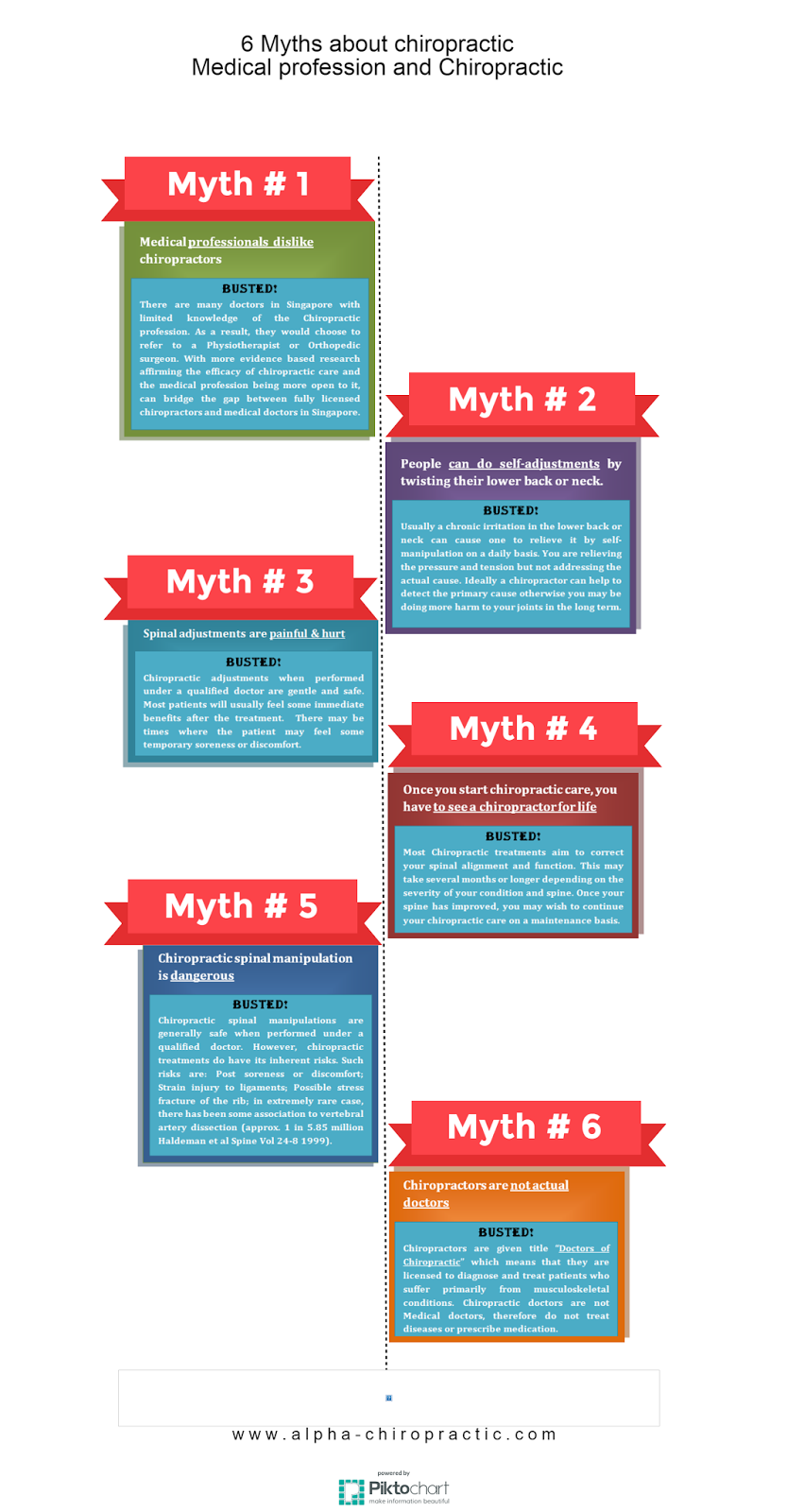The Role Of Nourishment In Pain In The Back Monitoring: Foods To Consume And Prevent
The Role Of Nourishment In Pain In The Back Monitoring: Foods To Consume And Prevent
Blog Article
Material Writer-Bond Wiese
When it involves handling your neck and back pain, the food options you make can significantly influence just how you really feel daily. Visualize being able to alleviate your discomfort merely by adjusting what you eat. By recognizing the role of nourishment in neck and back pain monitoring and knowing which foods to incorporate or avoid, you can take proactive steps towards a healthier and more comfortable way of living. The link in between nutrition and back health and wellness is a lot more profound than you might realize-- allow's explore exactly how certain foods can either calm or intensify your pain in the back.
Importance of Nourishment in Neck And Back Pain
Nutrition plays a crucial role in taking care of pain in the back. Your diet plan can considerably influence swelling levels and overall pain levels in your back. Eating a well balanced diet plan abundant in nutrients like vitamins D and K, calcium, magnesium, and omega-3 fats can help reduce inflammation and enhance bones, which are crucial for back health and wellness.
In addition, keeping a healthy weight through appropriate nutrition can minimize stress on your back, decreasing the risk of neck and back pain.
Moreover, particular nutrients like anti-oxidants discovered in fruits and vegetables can aid fight oxidative anxiety and promote recovery in the body, including the back muscle mass and spinal column.
On the other hand, taking in extreme quantities of refined foods, sweet drinks, and unhealthy fats can add to inflammation and weight gain, exacerbating back pain.
Foods to Eat for Back Health
To sustain a healthy and balanced back, incorporating nutrient-rich foods into your daily dishes is vital. Consisting of foods high in antioxidants like berries, spinach, and kale can help in reducing swelling in your back, easing discomfort and pain. Omega-3 fatty acids located in fatty fish such as salmon and mackerel have anti-inflammatory buildings that can profit your back health.
In addition, eating nuts and seeds like almonds, walnuts, and chia seeds supplies crucial nutrients like magnesium and vitamin E, which sustain muscle mass function and lower oxidative stress and anxiety. Including lean healthy proteins such as hen, turkey, and tofu can assist in muscular tissue repair service and upkeep, promoting a solid back.
Don't neglect to consist of milk or strengthened plant-based alternatives for calcium to sustain bone wellness. Last but not least, moisturize with lots of water to maintain your spine discs hydrated and working ideally. By including see more -dense foods in your diet plan, you can nourish your back and assistance total spine wellness.
Foods to Avoid for Back Pain
Go with preventing refined foods high in added sugars and trans fats when looking for relief from pain in the back. These types of foods can add to swelling in the body, which might aggravate back pain. Say no to sugary snacks like candy, pastries, and sugary beverages, as well as junk food products like hamburgers, french fries, and fried hen that are commonly filled with trans fats.
Additionally, avoid foods consisting of high degrees of polished carbs, such as white bread, pasta, and breads, as they can spike blood sugar levels and potentially aggravate inflammation in the body.
Find Out More 's additionally wise to limit your consumption of foods high in hydrogenated fats, like red meat and full-fat milk items, as they can add to swelling. Refined foods like deli meats, chips, and packaged treats are usually high in saturated fats and need to be consumed in moderation.
Final thought
Finally, focusing on your diet and making smart food choices can have a significant impact on handling pain in the back. By including is chiropractor real -rich foods like berries, fatty fish, nuts, and lean proteins, and staying clear of refined and sweet products, you can help reduce inflammation and assistance in general back wellness. Keep in mind, what you consume plays an important function in just how you feel, so see to it to prioritize your nutrition for a healthier back.
